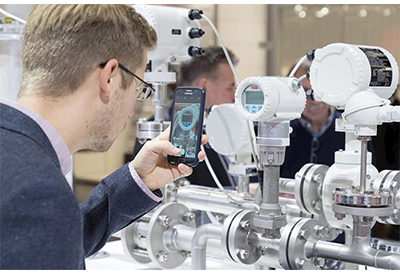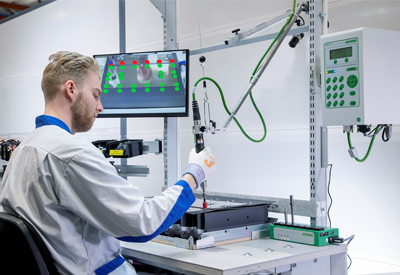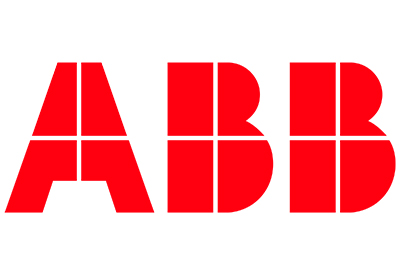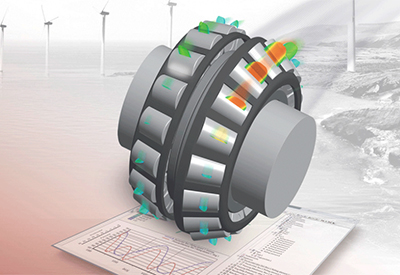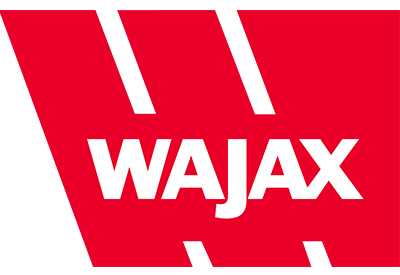First ever ABB electric propulsion to be installed on board a bulk carrier
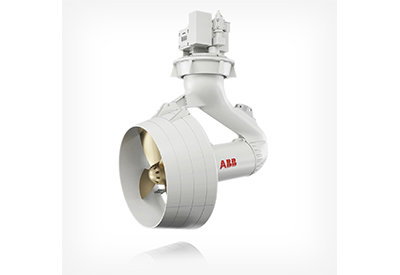
September 3, 2019
Two self-unloading dry cargo transshipment units will be the first bulk carriers in the industry to feature ABB’s Azipod electric propulsion. Both vessels, due for delivery to Oldendorff Carriers in 2021 from the Chengxi Shipyard in China, will be equipped with a complete power and propulsion solution from ABB.
Each 21,500 DWT vessel will feature two 1.9MW Azipod units. ABB will also supply a wide range of electric, digital and connected solutions, including main diesel-electric power plant, generators, bow thruster motors, transformers, switchboards and the power management system for propulsion and cargo handling.
“The choice of Azipod electric propulsion system has reduced the investment costs dramatically as the vessels are already equipped with high power generation required for self-unloading/loading cargo handling,” says Jan Henneberg, Newbuilding Manager, Oldendorff Carriers. “These shuttle vessels must perform reliably over an extended period at maximum efficiency, and need to be especially maneuverable in shallow waters.”
Controlling a fleet of around 700 ships, Oldendorff Carriers is Germany’s largest operator of bulk carriers. Around 95% of Oldendorff’s owned fleet is comprised of ‘eco’ newbuilds delivered since 2014, which are specifically designed for low fuel consumption and reduced carbon footprint.
“This is a significant breakthrough for Azipod propulsion, reaching a ship type that some suggested would always remain closed to podded propulsion,” says Juha Koskela, Managing Director, ABB Marine & Ports. “We are especially pleased to add Oldendorff Carriers as an Azipod® propulsion reference, considering its reputation for building and operating high quality, reliable and environmentally-friendly ships.”
The newbuild vessels are developed by Shanghai-based CS Marine design company together with Oldendorff Carriers. The self-loading vessels will be able to unload cargo utilizing a built-in conveyor system and without the need for assistance from shoreside equipment or personnel. Oldendorff Carriers will deploy the vessels for transshipment operations – transfer of cargo offshore from oceangoing vessels before delivery to the final destination.
Once in operation, the vessels will be among over 1,000 ships connected to ABB Ability Collaborative Operation Centers worldwide from where ABB experts monitor operational shipboard systems and offer 24/7 remote support. The vessels will leverage the ABB Ability Remote Diagnostic System, which deploys sensor-driven onboard monitoring software that fully integrates with analytics ashore.
Today, the global bulk carrier fleet comprises over 11,000 vessels, and, according to shipping association BIMCO, is projected to grow by 3.1% in 2019. The association estimates a total of over 400 newbuild bulk carriers scheduled to be delivered for launch this year. Global seaborne dry bulk trade is projected to reach 5.3 billion tons in 2019, according to shipping intelligence provider Clarksons Research.
The Azipod propulsion system, where the electric drive motor is in a submerged pod outside the ship hull, can rotate 360 degrees to increase maneuverability and operating efficiency, as well as maximize cargo space on board. Over the course of close to three decades, ABB has supplied Azipod units for about 25 vessel types, with the propulsion system accumulating more than 15 million running hours in total.


